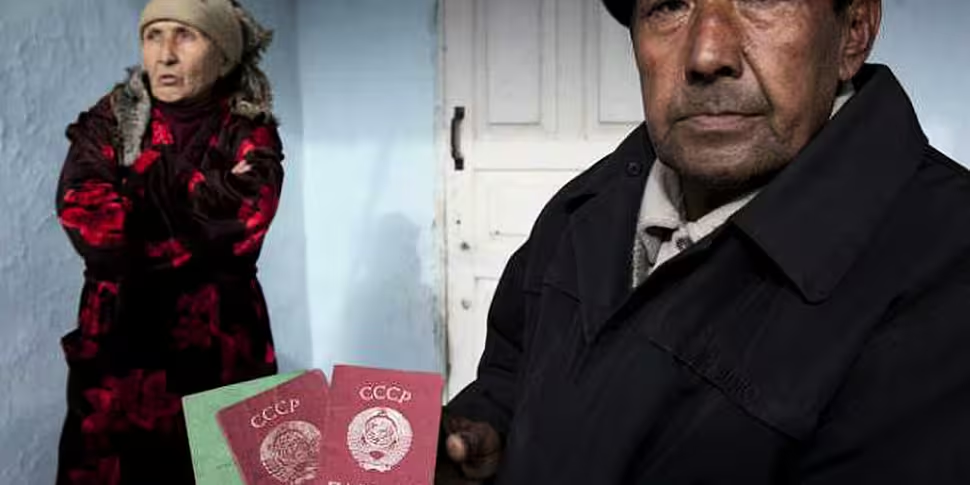A stateless person is someone who is not considered a national by any state according to its law. Stateless people are severely hampered throughout life as state services and supports are denied them while travel and emigration are all but closed off; their opportunities in life are likely to be restricted in other ways. The lack of official recognition by a state impacts in all aspects of a person’s life, from working and driving to getting married. But how do people become stateless? And what is being done to address these issues?
During the 18th century, as populations soared and international commerce boomed, states across Europe began to develop bureaucratic systems. Though originally designed as bodies to oversee taxation and government expenditure the role of bureaucracy expanded as the needs of states changed. By the 20th century a person’s life was largely a thing of ink and paper. As people were born, died, and moved around their existence was traced by a trail of official documentation.
While this helped to secure rights for many people it created boundaries for many others. As time moved on and the world became ever more interconnected those who had fallen through the gaps found their lack of recognition a heavy burden to bear. In the wake of the Second World War, however, the plight of the stateless finally came to be recognised on the international stage.
In Germany the Nazi party’s ascension to power had brought persecution for many minority groups across the nation. A great deal of these people eventually found themselves adrift as they became disowned in their native land and unwanted abroad. As the Nazi war machine unfurled a swastika across Europe more and more people were swept up in the net of persecution. Millions were stripped of their rights and identities, and much more besides.

Stateless Palestinian refugees in 1948
In the wake of Europe’s liberation the world was forced to deal with the mass atrocities committed during the war and the countless refugees it had created. One of the eventual results was the adoption of the Convention relating to the Status of Stateless Persons in 1954. This document defined what exactly a stateless person was and sought to secure certain rights for them.
In 1961 this initial move was followed up with the Stateless Reduction Convention. This attempted to create an international standard that would put an end to statelessness. Few nations have ratified or acceded to this convention, however. As a result statelessness has continued to be an issue in the years since the Second World War.
The main reasons for this are ongoing legal and political practices. Many nations still confer citizenship on parentage alone. As a result those without known parents can oftentimes be refused nationality and slip into statelessness. Many nations have also been sharply criticised for their failure to implement any real policies aimed at ending statelessness at home.
The collapse of the Soviet Union and the rise of new economic giants around the world have created new issues regarding statelessness. With the fall of the Iron Curtain one of the last major barriers on the international stage was removed. While this collapse opened new economic opportunities for people and nations around the world, it also introduced a litany of new issues. Many people became displaced by civil wars and ethnic conflict; even in those nations that made peaceful transitions people were lost in the chaos of bureaucratic changeover.
Last November, with an estimated 10 million stateless people worldwide, the UN refugee agency launched a campaign to end statelessness. With so few nations signing up to the Stateless Reduction Convention, however, such a goal seems unobtainable. Is there any hope that statelessness could be eradicated?
On this show ‘Talking History’ takes a look at the history of statelessness. Join Patrick as he and a panel of experts delve into this phenomenon of international relations. What exactly is statelessness? Why have some people voluntarily become stateless? How has global economic growth impacted on statelessness? And what can we do about this issue?
We would like to thank Misean Cara, Ireland's missionary support organisation, who helped support our report feature on Hannah Arendt.
Patrick also talked with Professor Michael Laffan about his book 'Judging W.T. Cosgrave' and the life of this towering figure of Irish history, a full list of our book recommendations can be found here.









